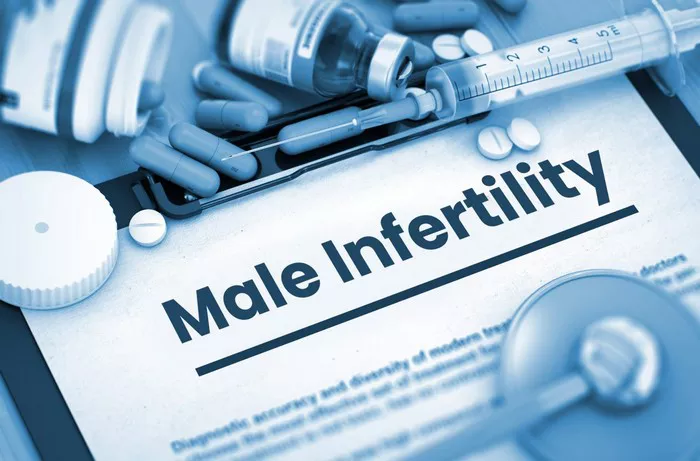Genetic Factors
Genetic factors are an important cause of male infertility. Some genetic diseases, such as Klinefelter syndrome, Turner syndrome, etc., may lead to abnormalities in the male reproductive system, thereby affecting sperm production and quality.
Endocrine Disorders
The endocrine system in males plays a crucial role in sperm production and maturation. If there are problems with the functions of endocrine glands such as the pituitary, thyroid, adrenal glands, etc., it may lead to male infertility. For example, pituitary dysfunction may result in insufficient secretion of gonadotropins, thereby affecting the normal function of the testes.
Reproductive System Diseases
Reproductive system diseases are common causes of male infertility. For example, diseases like prostatitis, seminal vesiculitis, epididymitis, etc., can affect the quality of semen, thereby affecting sperm motility and survival time. Additionally, testicular diseases, epididymal obstruction, etc., may also lead to male infertility.
Lifestyle Habits
Poor lifestyle habits may also lead to male infertility. For instance, long-term smoking, alcohol consumption, staying up late, etc., can affect overall health and consequently, sperm quality and quantity. Moreover, prolonged exposure to electromagnetic radiation from computers, mobile phones, etc., may also affect the normal growth and development of sperm.
Environmental Factors
Environmental factors are also significant causes of male infertility. For instance, prolonged exposure to harmful environments such as those in chemical, metallurgical, electronic industries, etc., may lead to exposure to toxic substances that could damage the reproductive system, causing male infertility.
Psychological Factors
Psychological factors may also lead to male infertility. For example, prolonged mental stress, anxiety, depression, etc., may affect the neuroendocrine system, thereby impacting sperm production and quality. Additionally, irregular sexual activity, unstable sexual partner relationships, etc., may also affect male fertility.
Other Factors
Apart from the above factors, there are other factors that may also lead to male infertility. For example, advanced age, excessive weight, excessive exercise, etc., may all affect male fertility. Additionally, the use of certain medications may also affect male fertility, such as certain antibiotics, anticancer drugs, etc.
In summary, the causes of male infertility are diverse, including both physiological and psychological factors, as well as genetic and environmental factors. Therefore, the prevention and treatment of male infertility require comprehensive consideration of multiple factors and personalized treatment and management. Meanwhile, males should adopt good lifestyle habits, maintain physical and mental health, in order to improve fertility.

























